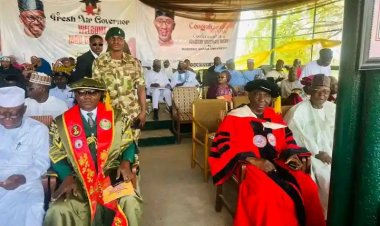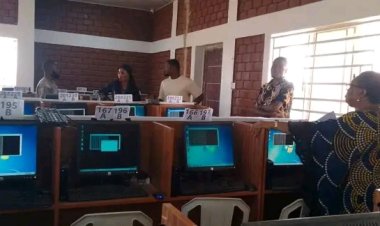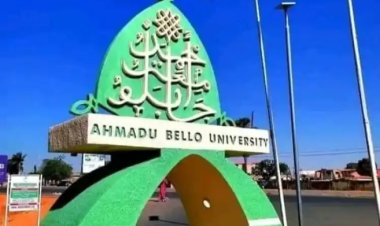Challenging the Norms: Ambrose Alli University's Unprecedented Undertaking Sparks Debate Among Medicine Students
This novel initiative requires students to commit to an 18-month intercalated BSc program in either anatomy or physiology following their Part 1 MMBS (Professional) examinations.
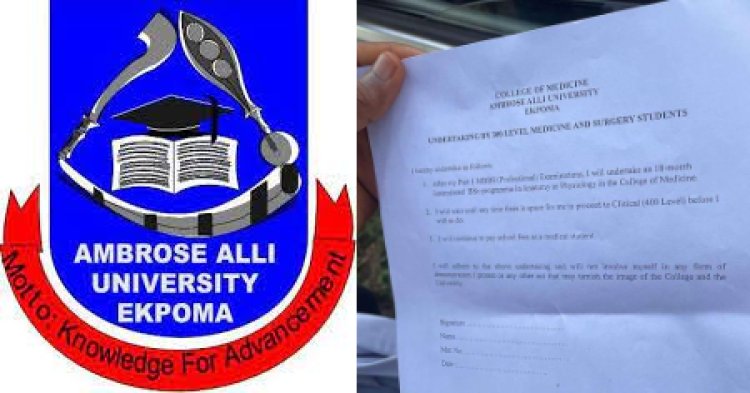
In a surprising turn of events, the College of Medicine at Ambrose Alli University in Ekpoma has recently introduced a groundbreaking undertaking for its 300 level Medicine and Surgery students. This novel initiative requires students to commit to an 18-month intercalated BSc program in either anatomy or physiology following their Part 1 MMBS (Professional) examinations. While the intention behind this endeavor seems to be fostering a more comprehensive education for medical students, questions and concerns have emerged regarding the feasibility and implications of such an undertaking.
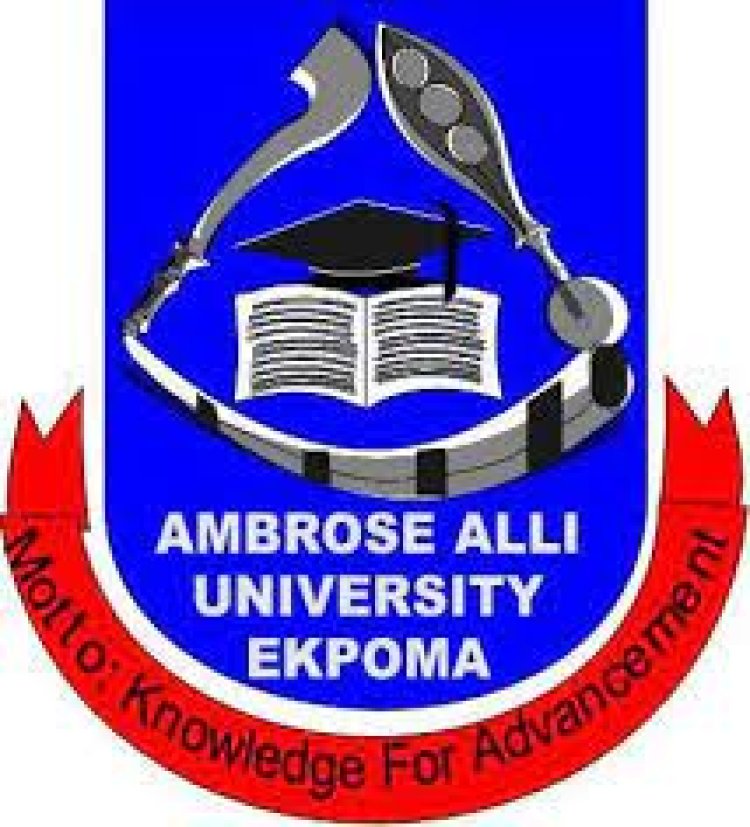
One of the key stipulations of the undertaking is that students must wait until there is available space for them to progress to the clinical phase (400 Level). This provision has sparked a debate among students and faculty members alike. Critics argue that delaying the transition to clinical studies may hinder the overall progress of students, potentially impacting their preparedness for real-world medical practice.
RECOMMENDED: Court Sends AAU Graduate, 10 others to Prison for Internet Fraud
Furthermore, the financial implications of this commitment have not gone unnoticed. Students are expected to continue paying medical school fees throughout the 18-month intercalated program, a prospect that raises eyebrows among those who believe this financial commitment may be a heavy burden for students and their families. The question of whether the additional degree justifies the continuation of medical school fees remains a topic of heated discussion.
The most contentious aspect of the undertaking, however, lies in its restrictive clause regarding student activism. The agreement explicitly states that signatories will refrain from engaging in any form of demonstration, protest, or activities that may tarnish the image of the college and the university. Critics argue that this stipulation curtails the students' freedom of expression and raises concerns about the institution's openness to constructive criticism and feedback.
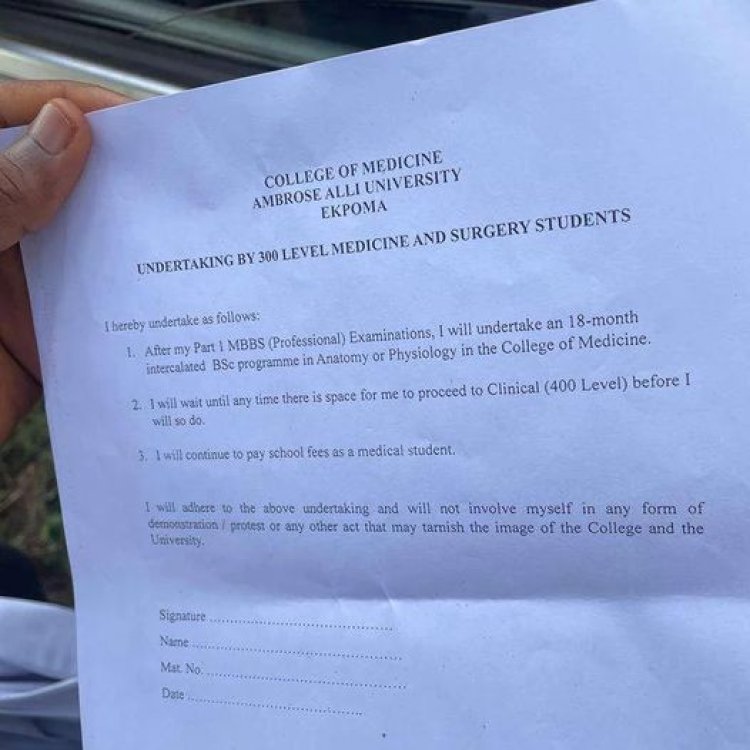
The broader question emerging from this initiative is whether it genuinely serves the best interests of the students or if it is a well-intentioned yet misguided attempt at shaping the future medical practitioners. Is an additional degree in anatomy or physiology truly beneficial, or does it risk diverting students from the primary goal of becoming proficient medical professionals?
DID YOU MISS: UNN: Miss Vivian Urama Shatters Records with Unprecedented 4.99 CGPA
While the college administration asserts that this undertaking is aimed at providing a more holistic education, it is crucial to address these concerns and engage in a constructive dialogue to ensure that the proposed changes align with the aspirations and well-being of the students. The journey toward becoming a medical professional is challenging, and any detour must be thoroughly evaluated to guarantee that it enhances, rather than hinders, the educational experience for these future healthcare providers.

